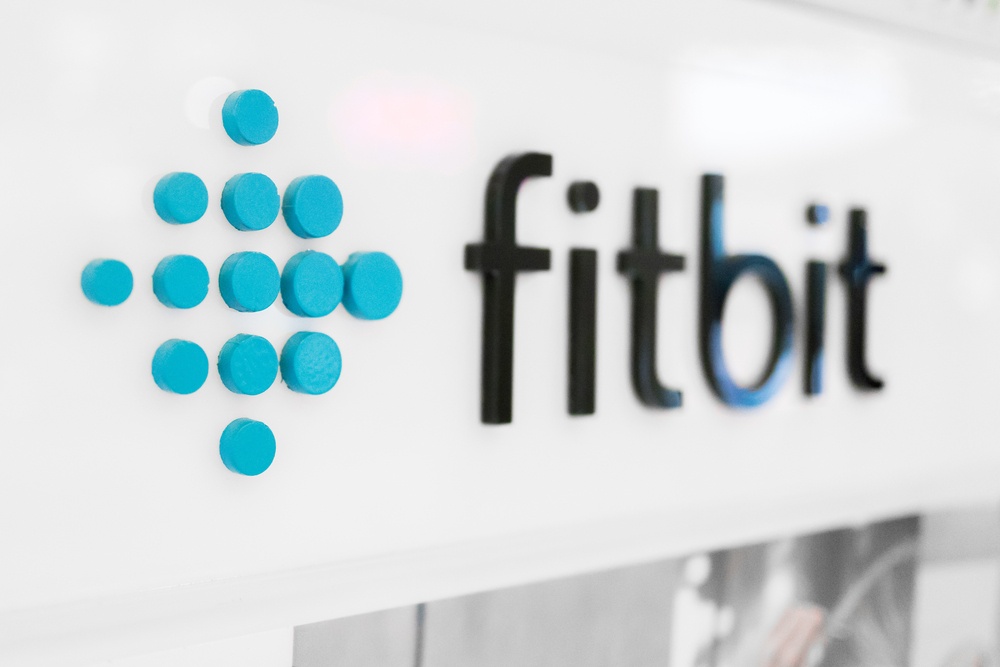



Get new exclusive access to healthcare business reports & breaking news




Google has used $2.1 billion of its parent company Alphabet’s reserves to acquire Fitbit, in order to obtain leverage in competing over Apple in the consumer health market.
The move was no surprise because for more than a year Fitbit and Google have partnered on healthcare applications. After acquiring Twine Health, February 2018 and its consumer health platform which complied with federal regulations, Fitbit announced last April it would work with Google’s application programming interface to connect data with electronic medical records via Google’s Cloud Healthcare API.
“Working with Google gives us an opportunity to transform how we scale our business, allowing us to reach more people around the world faster, while also enhancing the experience we offer to our users and the healthcare system,” said Fitbit CEO and co-founder James Park at the time of the 2018 Google partnership.
Fitbit first pioneered and then dominated the wrist-worn tracker space. In more recent years, however, the company has struggled as the smartwatches category has grown and made inroads into Fitbit’s tracker territory. Besides making a foray into the smartwatch segment, Fitbit has also been vigorously shifting its attention towards healthcare services in a bid to curb losses from shrinking fitness tracker sales.
Although the fiscal Q4 of 2018 was a commendable quarter for Fitbit, as intimated by the company’s February 27th, 2019 investor call, the company has had issues maintaining growth in recent years. James Park, Chairman, and CEO of Fitbit, said that the device maker raked in $571 million in revenue for Q4 2018. For the first time since 2016, Fitbit device sales soared to 5.6 million shipments, an uptick of 3 percent. The free cash flow for the 4th quarter stood at $96 million, while cash flow from operations staggered at around $108 million. And, according to 2018 results, this shift certainly paid off. The company’s Health Solutions division reported an increase of 8 percent in its business.
Fitbit has various interests in healthcare. The leading global wearables brand has been trying for years to develop technology that can read sleep patterns and understand their impact on customers’ health.
Fitbit is one of nine companies in the FDA’s digital health software pre-certification pilot program. At the end of the program, Fitbit’s software could be validated as a medical device for various health conditions including sleep apnea and atrial fibrillation. The present decision is going to push things forward at a rapid speed, Fitbit officials hope.
“More than 12 years ago, we set an audacious company vision – to make everyone in the world healthier,” Fitbit CEO and co-founder James Park said in a statement. “Today, I’m incredibly proud of what we’ve achieved towards reaching that goal. We have built a trusted brand that supports more than 28 million active users around the globe who rely on our products to live a healthier, more active life. Google is an ideal partner to advance our mission. With Google’s resources and global platform, Fitbit will be able to accelerate innovation in the wearables category, scale faster, and make health even more accessible to everyone. I could not be more excited for what lies ahead.”
Companies throughout the healthcare industry are pushing to get closer to patients, and wearables have opened a new window into their health. Additionally, the technology can potentially encourage patients to pursue preventive healthcare measures, rather than seeking care after they’re ill.
Other companies saw the benefits in working closely with Fitbit. Blue Cross Blue Shield (BCBS) announced a partnership with Fitbit to get its 60 million members a special deal on the fitness tracking devices.
According to its statement at the time, BCBS wanted to “help consumers create and maintain healthy habits.”
“This strategic partnership will bring personalized health and wellbeing to the next level, allowing members to put their health first,” explained Mark Talluto, Vice President of Strategy and Analytics at BCBS Association.
The Fitbits were going to be available via Blue365, the BCNS’ discount wellness program. According to Talluto, the program provided customers access to other deals, such as “fitness gear, gym memberships, healthy eating options, stress management services, hearing aids, and vision and dental products.”
The biggest challenge this acquisition presents for Alphabet and Google is privacy; having already faced massive criticism for its push into healthcare in the U.K., the company needs to tread lightly. People are concerned about how Google would handle sensitive health information. In order to prevent this concern from deepening because of Google’s upcoming access to a significant collection of health data, Rick Osterloh, Google’s SVP for devices and services, stated the company will not provide user information for advertising. “We will never sell personal information to anyone,” he wrote. “Fitbit health and wellness data will not be used for Google ads. And we will give Fitbit users the choice to review, move, or delete their data.”